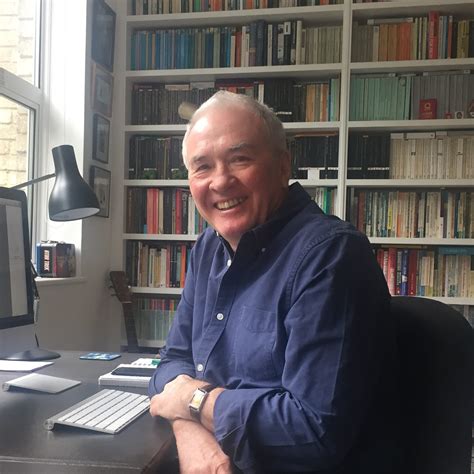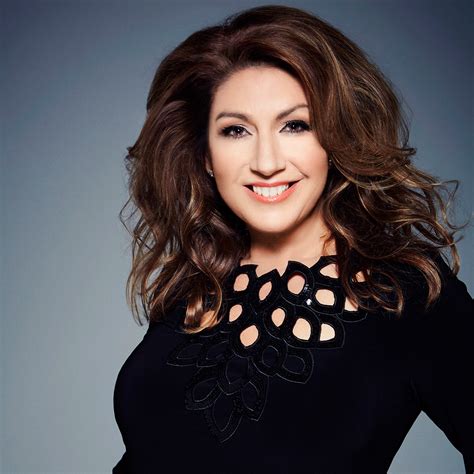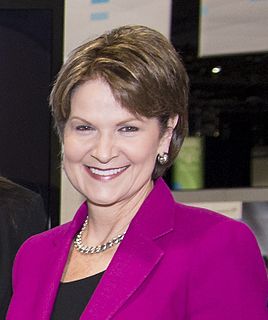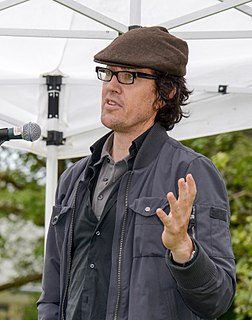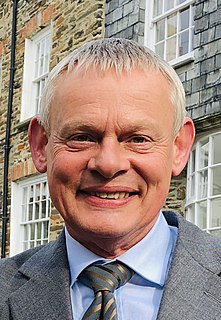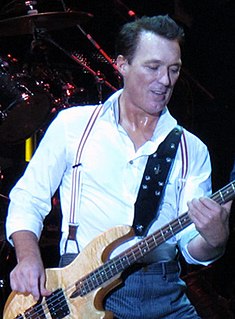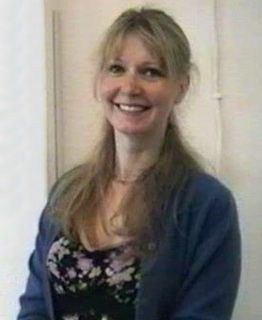A Quote by Tony Bradman
Mum told me stories about her time in the Women's Royal Navy, and about her dad, who had died before I was born - he'd been sent to Australia as a child, then joined the Australian Army in the First World War and fought at Gallipoli.
Related Quotes
I found out when I was 18 that Dad had left my mother and the family before he realised he was ill and then died. When I asked Mum about it, she just sort of shrugged it off and said she'd thought I knew about it all along. Of course I hadn't, though I'm sure she must have been desperately unhappy at the time.
I wandered over across the hall where they were showing a short movie about vasectomies. Much later I told her that I'd actually gotten a vasectomy a long time ago, and somebody else must have gotten her pregnant. I also told her once that I had inoperable cancer and would soon be passed away and gone, eternally. But nothing I could think up, no matter how dramatic or horrible, ever made her repent or love me the way she had at first, before she really knew me.
I know about her, although she has never crossed my path," he said softly. "I know about her struggles and her defeats. It is because of her defeats that she is to me the lovely one. Out of her defeats she has been born a new quality in woman. I have a name for it. I call it Tandy. I made up the name when I was a true dreamer and before my body became vile. It is the quality of being strong to be loved. It is something men need from women and that they do not get.
I'm a Veteran. I was in the Navy, in the submarine corps. I come from a military family. Both of my grandparents were in World War II and retired as officers. One fought in the Pacific and one fought in Europe. The whole family was in the war. I grew up exposed to it and hearing the stories, but the stories I heard weren't kind of the whole "Rah, rah, rah! We saved the world!" They were about the personal price and the emotional price.
